Modern Sufis and the State: The Politics of Islam in South Asia and Beyond edited by Katherine Pratt Ewing and Rosemary R. Corbett
$ 35.00 $ 40.00
Sufism is typically thought of as the mystical side of Islam. In recent years, it has been held up as a supposedly peaceful alternative to the spread of forms of Islam associated with violence, an embodiment of democratic ideals of tolerance and pluralism. Are Sufis in fact as otherworldy and apolitical as this stereotype suggests?
Modern Sufis and the State brings together a range of scholars, including anthropologists, historians, and religious-studies specialists, to challenge common assumptions that are made about Sufism today. Focusing on India and Pakistan within a broader global context, this book provides locally grounded accounts of how Sufis in South Asia have engaged in politics from the colonial period to the present. Contributors foreground the effects and unintended consequences of efforts to link Sufism with the spread of democracy and consider what roles scholars and governments have played in the making of twenty-first-century Sufism. They critique the belief that Salafism and Sufism are antithetical, offering nuanced analyses of the diversity, multivalence, and local embeddedness of Sufi political engagements and self-representations in Pakistan and India. Essays question the portrayal of Sufi shrines as sites of toleration, peace, and harmony, exploring cases of tension and conflict. A wide-ranging interdisciplinary collection, Modern Sufis and the State is a timely call to think critically about the role of public discourse in shaping perceptions of Sufism.
Year: 2020

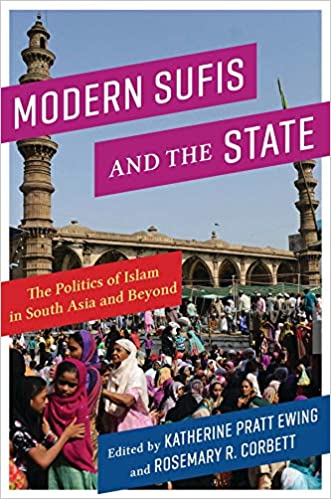
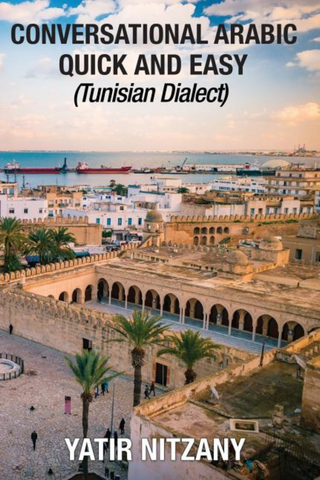
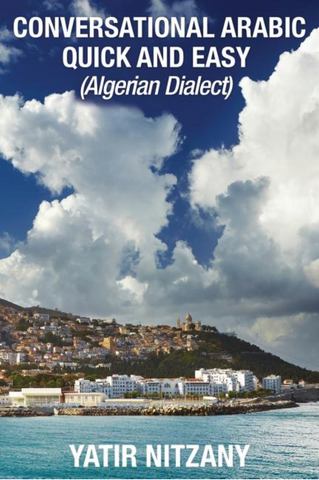
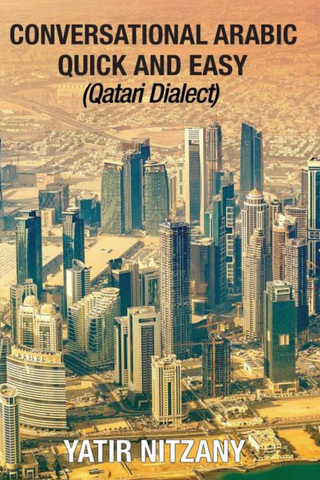
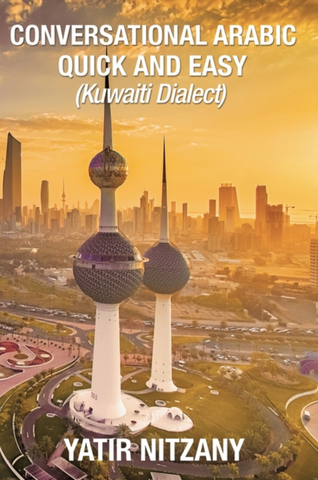
Share this item: